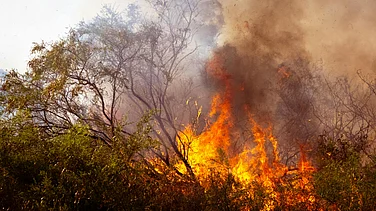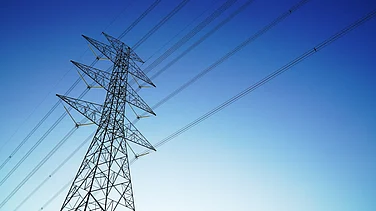
Developed nations’ inaction: Joshi criticised developed countries for failing to do enough on climate action despite benefiting from fossil-fuel-driven growth.
Lowest green ammonia price: India now offers the world’s lowest green ammonia price at ₹49.7/kg (USD 0.56), with a supply capacity of 7.4 lakh metric tonnes annually.
Boost to hydrogen innovation: Four Hydrogen Valley Clusters have been set up, with ₹170 crore allocated for integrated hubs and an additional ₹100 crore for new pilot projects, including biomass-based hydrogen.
India’s climate responsibility: Despite being a developing country, India’s per capita emissions remain among the lowest globally—about one-tenth that of the U.S. and one-third of the global average.
The Union Minister for New and Renewable Energy Pralhad Joshi on Tuesday said that for decades, developed nations have been on a steady growth trajectory powered by industrialisation and fossil fuels. Yet, when it comes to addressing the challenge of climate change, the world’s richest countries have not done enough.
Speaking at the third International Conference on Green Hydrogen, Joshi said that India now has the lowest green ammonia price globally ₹49.7 per kg, or about USD 0.56 per kg with an annual supply capacity of 7.4 lakh metric tonnes.
He added that four Hydrogen Valley Innovation Clusters have been established, and ₹170 crore has been allocated to develop integrated hydrogen hubs.
Under the National Green Hydrogen Mission (NGHM), India is driving innovation and technology development at an accelerated pace. To strengthen these efforts, the minister announced a fresh call for proposals for pilot projects showcasing cutting-edge technologies, including the utilisation of biomass to produce green hydrogen. A total allocation of ₹100 crore (USD 11.2 million) has been earmarked for these new pilots, supplementing the ₹100 crore previously allocated to start-up projects.
Highlighting India’s climate responsibility, Joshi said that despite being a developing nation with a population of 1.4 billion, the country has walked the path of responsibility with restraint. India’s per capita carbon emissions, he noted, are among the lowest in the world almost one-tenth that of the United States and about one-third of the global average.






























